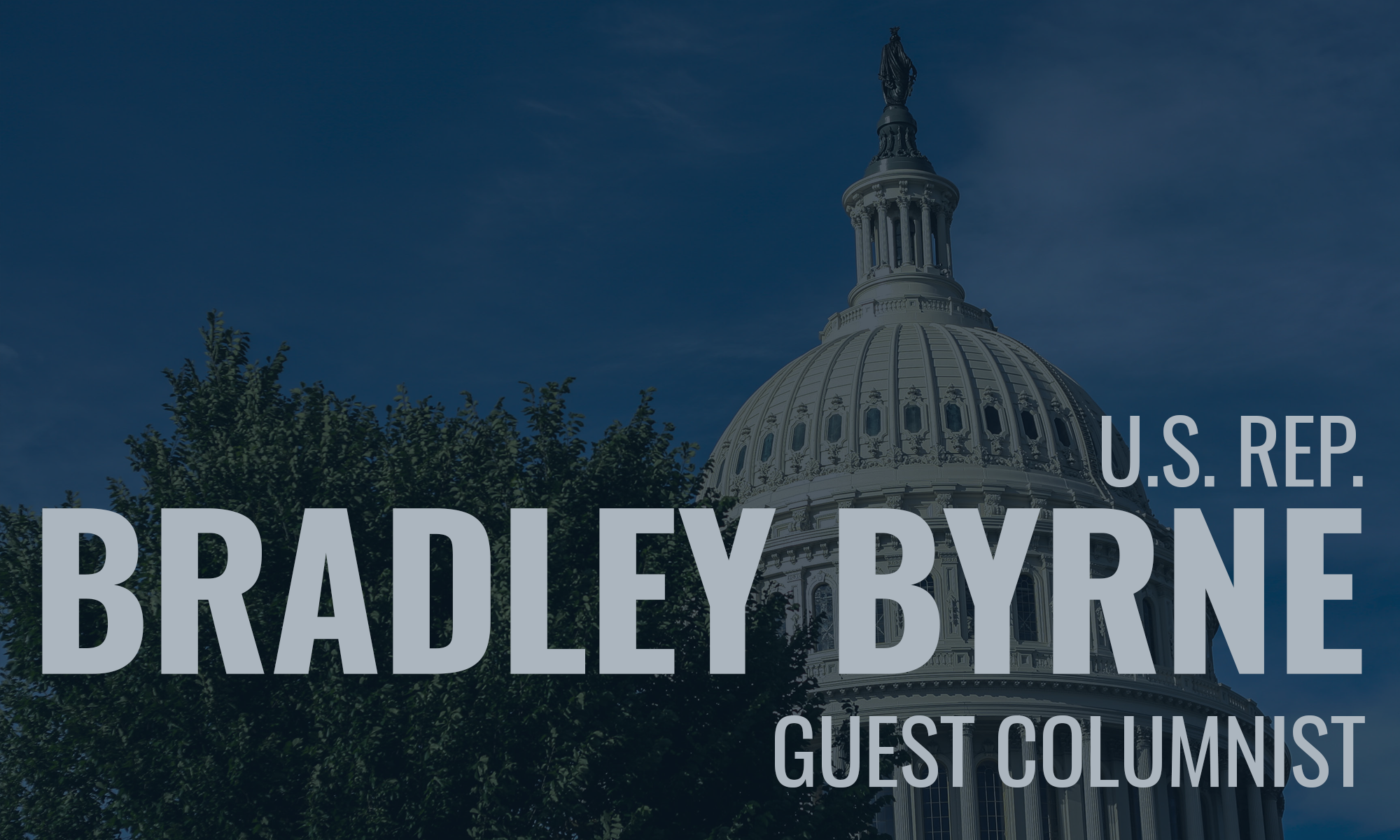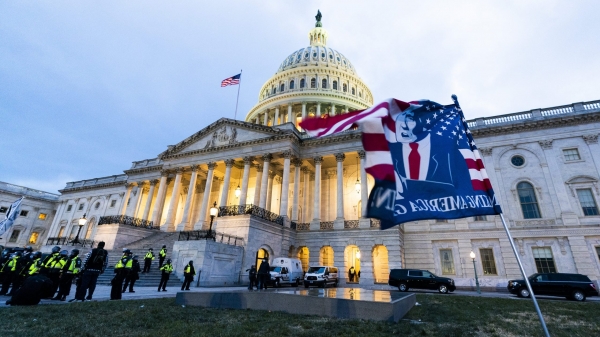For too long, a problem of epic proportion has been growing outside of the headlines in the United States: the opioid epidemic. The reality is that we can no longer wait to take action. Drug overdose is now a leading cause of death in the United States. One hundred seventy-five Americans are dying every day from this crisis. From big cities to small towns, the opioid epidemic has hit our communities hard.
Unfortunately, Alabama has not been spared. According to the Centers for Disease Control and Prevention (CDC), Alabama ranks highest in the nation as having more opioid prescriptions than people. Alabama also ranks number one as the highest prescribing state in the nation for opioid pain reliever prescriptions. These statistics are incredibly alarming.
An opioid is a type of narcotic derived from the opium poppy, which includes drugs such as morphine, codeine, hydrocodone, and oxycodone. While these drugs are often prescribed in response to injuries and body pains, they can be prone to abuse and addiction.
The reality is many of the people who become addicted to opioids first start taking the drugs legally after receiving a prescription from a doctor. For example, I have heard testimony from athletes who suffer a sports-related injury, undergo surgery, and then become addicted to opioids during the recovery process. In many cases, this addiction can escalate, driving individuals to street drugs like heroin.
Almost all of us have a loved one or know somebody who has been affected by this terrible epidemic. The personal stories are what make this nightmare a harsh reality. Right here in Southwest Alabama, I have heard far too many stories about the dangers of prescription drug abuse. The impacts of this crisis reach far beyond the person suffering from addiction to parents, to children, to brothers and sisters. So many have been hurt.
On October 26, 2017, President Trump announced that his administration would declare the opioid crisis a Nationwide Public Health Emergency. On a strongly bipartisan basis alongside President Trump, Congress is also responding.
In March, the House voted to set aside $4 million toward combating the opioid crisis in the government funding bill for Fiscal Year 2018. We kept up the momentum last week when the House passed over 25 targeted bills to help prevent and treat opioid addiction and abuse while also ensuring our nation’s drug laws are working to stop the flow of illegal drugs.
One such bill that passed the House is the THRIVE Act, which creates a program to provide low-income individuals recovering from opioid and other substance use disorders with a clean, safe, and structured environment following rehabilitation.
Additionally, the House passed the STOP Act, which aims to halt opioids like fentanyl from coming into America from other countries through a loophole at the Postal Service. The majority of opioids arrive to America through the mail from other nations, such as China, Mexico and Canada. So, this legislation represents an important step to help solve the problem.
It is clear that our work to end the opioid epidemic is far from over. However, I was pleased to see such strong bipartisan support for many opioid bills this week as we work to make a real difference on behalf of the American people. You can learn more about the legislation we are working on at www.opioidcrisis.gop.
We cannot and will not sit back and allow the opioid crisis to take the lives of the people we love. We must fight back and ensure Americans get the help they need. I look forward to continuing the work with President Trump to end this epidemic once and for all.



















































